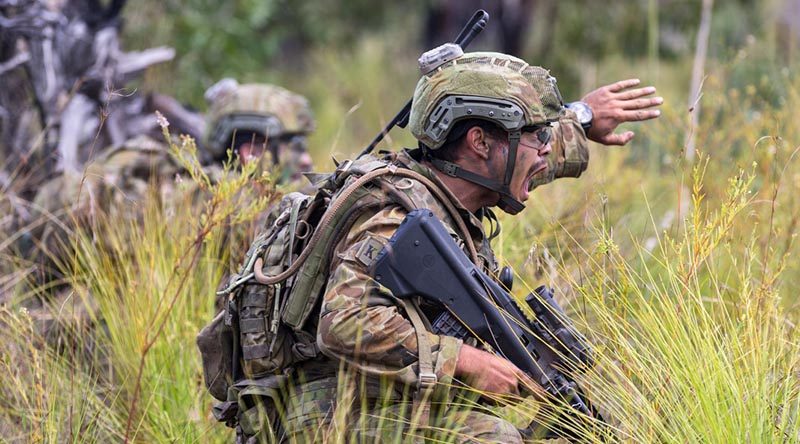Translating your military experience into industry speak
Share the post "Translating your military experience into industry speak"

Here are some common scenarios, and an example of how common military experience can be explained to recruiters and employers without the military jargon.
I was an Infantry Sergeant with 15 years in the regiment and combat or recruit schools. What do I know about being a manager in business?
To start let’s look at the business of being an infantry Sergeant and trainer. You’ve managed resources; human, capital asset (equipment) and consumables (everything you’ve ever had in a platoon store and everything you were ever re-supplied).
You’ve been formally trained in a general planning process and applied it to a range of dynamic situations, demonstrating flexibility.
Some of these included developing and implementing training and business programs at unit and branch level.
You’ve been responsible to your superiors, and for their continued development, as well as the development of your direct reports (your subordinates).
You have experience interacting with the supply chain, and managing it.
You have formal qualifications including a Cert IV in workplace training and assessment.
The description above, with two or three specific examples using similar terminology, will help you demonstrate your skills and experience.
But try to go deeper.
Also, be prepared to answer questions about how you affected the performance or outcome of a situation. Describe a specific situation but use generic language to ease understanding.
For instance – “I was in an operational role (meaning a hands on, capability focused role, not a named Operation or mission) and we needed to form a multifunctional team. It consisted of specialists; some engineers, linguists, drivers as well as my own team. I arranged the leaders to come together and using a flexible planning approach we developed a plan to carry out said task. We did this by letting the leaders determine their parts in the activity, but providing clear guidelines on what they were to achieve with set reporting timelines and criteria. I monitored the whole situation, provided feedback to my reports and superiors during its conduct and shaped the minor changes that occurred based on the current situation. I also managed the logistics for the team and liaised with external elements supporting us. This resulted in…..” – sound familiar?
I was a Warfare Officer but I want to do something completely different. How am I going to break in at the right level and pay grade?
Be realistic about what “breaking in at the right level and pay” means.
It might be better for you long term to take a short step backwards to set you up to take big steps forward after you learn the ropes of your new environment.
We are very well paid in the ADF and only a few people earn more immediately on leaving. These people are generally highly qualified in their own rights, like mechanics, comms specialists or engineers and go to high-pay industries like IT or mining and natural resources.
If that’s not you, be prepared to drop pay by 10-15% at least in your first year out.
Having less responsibility initially than what you are used to gives you the space to develop deep industry knowledge before having to use it.
When convincing people that you may not have the experience or qualification in something completely different but that you aren’t exactly entry-level, try talking about your values and attributes.
Driving ships means you’ve managed high-pressure, short-timeframe tasks in a position of considerable responsibility and leadership.
You can communicate very clearly in both written and verbal forms.
Having most likely been a Divisional Officer or assistant you understand the complexity of HR and personnel/welfare issues.
You’ve been taught to plan and implement whilst remaining flexible.
You have a strategic outlook in your appreciation of what happens around you – “every warship is a strategic asset, every action has strategic implications”.
You are a quick learner in highly technical areas evidenced by how fast you earned your licence to drive a 4000 tonne ship.
You may need to qualify in your new career or earn some of that experience, but communicate what you bring to the new job that other candidates can’t demonstrate.
The path to a new career is well trodden, but that doesn’t mean it is easy.
You certainly have the talent and potential to succeed in non-military careers, but it takes time and a lot of hard work.
If you put the hard work into preparing yourself not just for the new job, but the process of securing that job, you should find yourself in an advantageous position relative to other job seekers.
.
.
.
By Tom Moore, CEO WithYouWithMe, a leading Australian veteran employment agency.
.
.
.
.
.
.
.
.
.
.

.
.
Share the post "Translating your military experience into industry speak"






